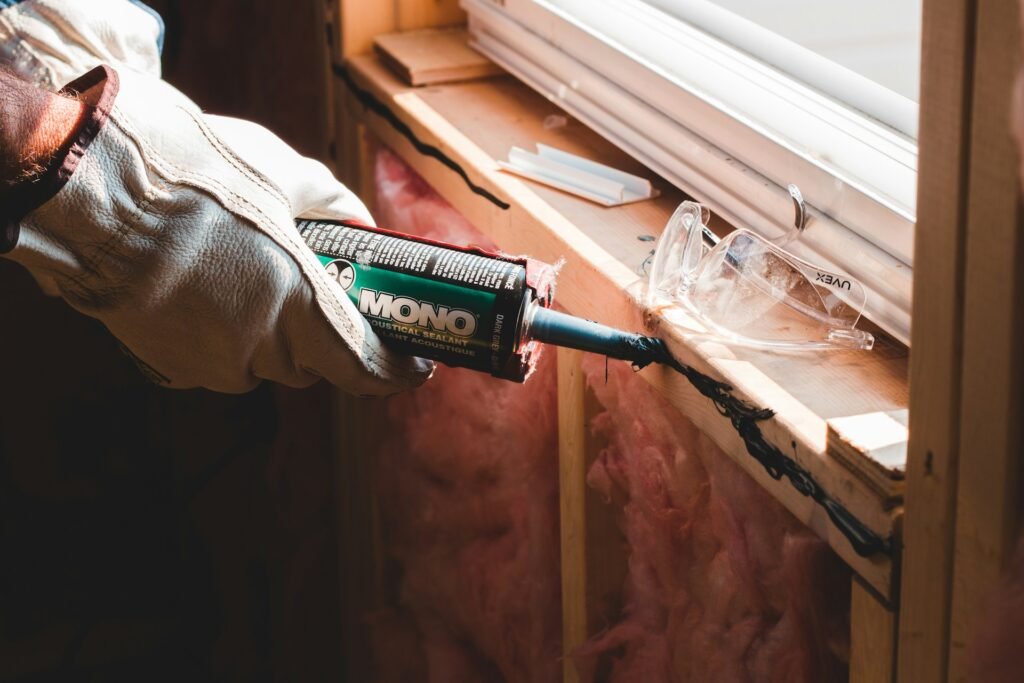Home repair is an essential aspect of homeownership that often gets overlooked until an issue arises. From leaky faucets to creaky floorboards, maintaining a well-functioning home is crucial for both comfort and safety. In this article, we’ll delve into common home repair issues, the debate between DIY and professional repairs, essential tools every homeowner should have, tips for preventing repair needs, and much more.
Common Home Repair Issues
Plumbing Problems
One of the most common home repair issues is plumbing problems, ranging from dripping faucets to burst pipes. Leaks can lead to water damage and mold growth if not addressed promptly.
Electrical Issues
Electrical problems pose a significant safety risk and should be addressed by a professional. Common issues include faulty wiring, circuit breaker tripping, and flickering lights.
Roof Repairs
Roof leaks and damage can result from aging materials, severe weather, or lack of maintenance. Prompt repair is essential to prevent water damage to the interior of your home.
Structural Repairs
Issues such as foundation cracks, sagging floors, or uneven walls require immediate attention to prevent further damage to your home’s structure.
DIY vs. Professional Home Repair
Pros and Cons of DIY Repairs
DIY repairs can save money and provide a sense of accomplishment. However, they also carry the risk of improper installation or further damage if not done correctly.
When to Hire a Professional
For complex or hazardous repairs, such as electrical work or structural issues, it’s best to hire a licensed professional to ensure safety and compliance with building codes.
Essential Home Repair Tools
Basic Toolkit Essentials
Every homeowner should have a basic toolkit containing essentials such as a hammer, screwdrivers, pliers, and a tape measure for minor repairs and maintenance tasks.
Specialized Tools for Specific Repairs
For more specialized tasks, such as plumbing or electrical work, investing in tools like pipe wrenches, voltage testers, or drain snakes can make the job easier and safer.
Tips for Preventing Home Repair Needs
Regular Maintenance Checks
Performing routine inspections of your home’s systems and appliances can help identify potential issues early on, preventing costly repairs down the line.
Addressing Issues Promptly
Don’t ignore minor issues, as they can escalate into more significant problems if left unattended. Addressing repairs promptly can save you time, money, and stress in the long run.
Budgeting for Home Repairs
Setting Aside Funds for Unexpected Repairs
It’s essential to budget for unexpected repairs by setting aside a portion of your income or establishing an emergency fund specifically for home maintenance.
Prioritizing Repairs Based on Urgency
When faced with multiple repair needs, prioritize them based on urgency and safety concerns. Addressing critical issues first can prevent further damage to your home.
Finding Reliable Home Repair Services
Researching Local Contractors
Take the time to research local contractors or service providers, checking references, and verifying licenses and insurance coverage before hiring them for a repair job.
Reading Reviews and Asking for Referrals
Online reviews and recommendations from friends, family, or neighbors can help you find reputable contractors who deliver quality workmanship and customer service.
Safety Considerations in Home Repair
Importance of Safety Gear
When tackling DIY repairs, always prioritize safety by wearing appropriate protective gear, such as goggles, gloves, and a mask, to prevent injuries.
Knowing When to Call for Help
If a repair task exceeds your skill level or involves hazards like electrical wiring or working at heights, don’t hesitate to call a professional for assistance.
Environmental Impact of Home Repair
Choosing Eco-Friendly Materials
Opting for sustainable building materials and energy-efficient appliances can reduce your home’s environmental footprint and lower utility bills over time.
Proper Disposal of Waste
Dispose of construction debris and hazardous materials responsibly, following local regulations and recycling guidelines to minimize environmental impact.
The Future of Home Repair
Technological Advancements in Home Repair
Advances in technology, such as smart home systems and 3D printing, are revolutionizing the way home repairs are performed, offering innovative solutions and greater efficiency.
Predictions for the Industry
As the housing market evolves and environmental concerns grow, the home repair industry is likely to see continued innovation and emphasis on sustainability and resilience.
Conclusion
Home repair is an integral part of homeownership that requires proactive maintenance, prompt attention to issues, and sometimes professional assistance. By investing time and resources into caring for your home, you can ensure its longevity, safety, and comfort for years to come.

